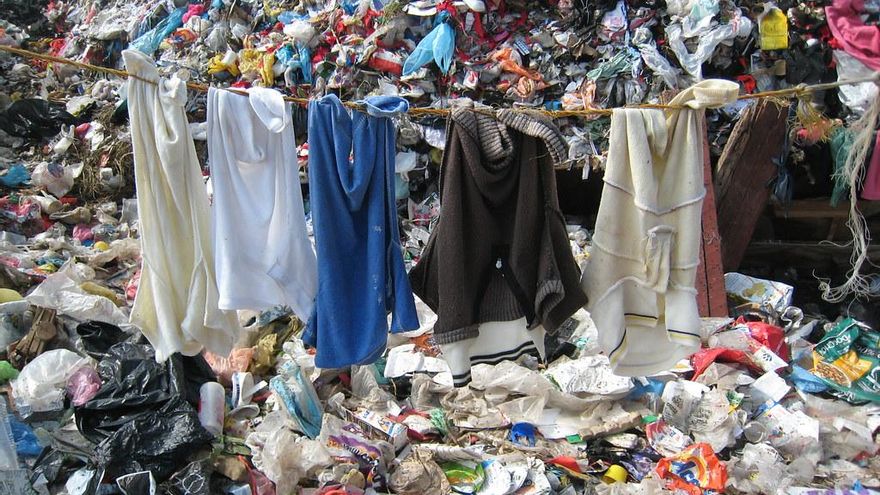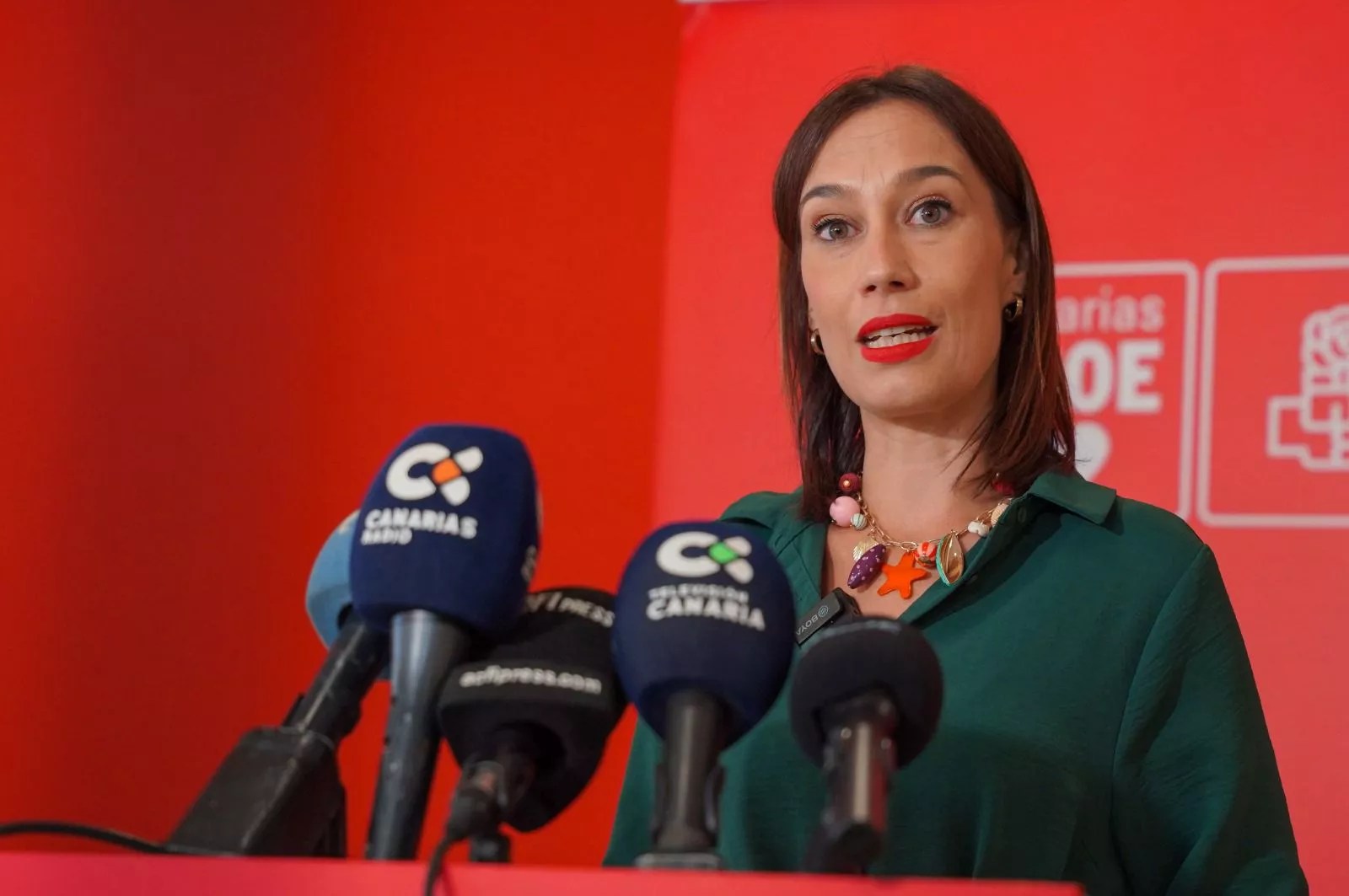
The municipality of San Miguel de Abona in Tenerife is set to participate in a pilot initiative, alongside five other locations across the country, focused on collecting textiles and footwear and sorting them in classification plants to promote a Circular economy.
This endeavour will be spearheaded by the Cabildo de Tenerife, the San Miguel de Abona City Council, and Re-Viste as a collective system for extended producer responsibility (SCRAP). According to a statement from the Insular Corporation, it is expected to commence in spring.
The pilot scheme, developed in partnership with the Spanish Federation of Municipalities and Provinces (FEMP) and Re-Ves, will be rolled out in a total of six Spanish municipalities (Arbo in Pontevedra, Zaragoza, Titled in Madrid, Rubí in Barcelona, Trujillo in Cáceres, and San Miguel de Abona in Tenerife) each exhibiting unique sociodemographic features.
The trial in San Miguel de Abona will include the authorisation of various
All materials gathered in the Tenerife municipality will be directed to classification plants to separate textiles and footwear that could be reused.
The remaining materials will be sent to classification facilities, where they will be sorted by composition or colour for subsequent recycling.
Throughout the pilot initiative, “a comprehensive monitoring” and evaluation of the results will be undertaken, encompassing the quantity of waste collected, the contribution per resident, and community engagement, as indicated by the town hall.
The aim is to fine-tune and enhance the system to eventually create a best practices guide that will enable the extension of this collection and recycling model to additional municipalities in the future.
This collaboration signifies a significant advancement towards a more efficient, sustainable, and circular model for textile waste management, aiding environmental preservation and fostering responsible consumption awareness within the community, emphasised the insular corporation.
Re-Viste, established in 2023 by sector companies, is dedicated to preventing textile and footwear waste generation and advocating for their preparation for reuse and recycling.
This initiative aims to proactively address regulatory challenges regarding extended producer responsibility (SCRAP) and ensure adherence to regulations such as the revision of the Waste Framework Directive, Law 7/2022 concerning contaminated waste and soils, and the forthcoming Textile Decree.















